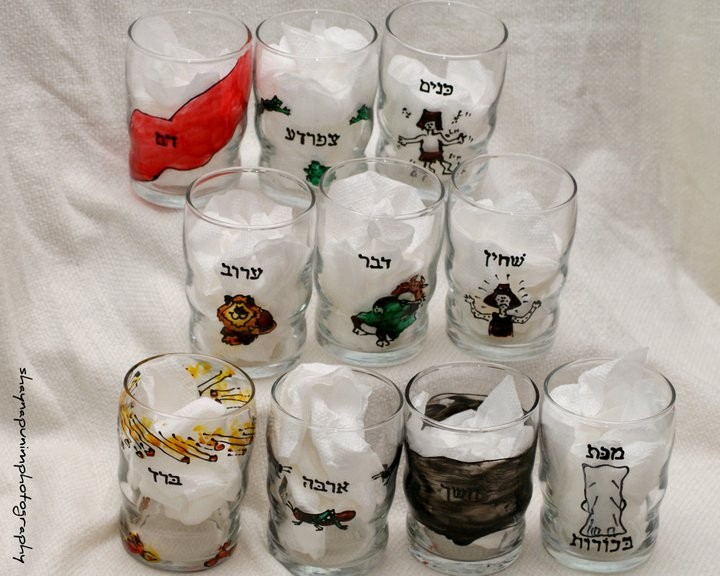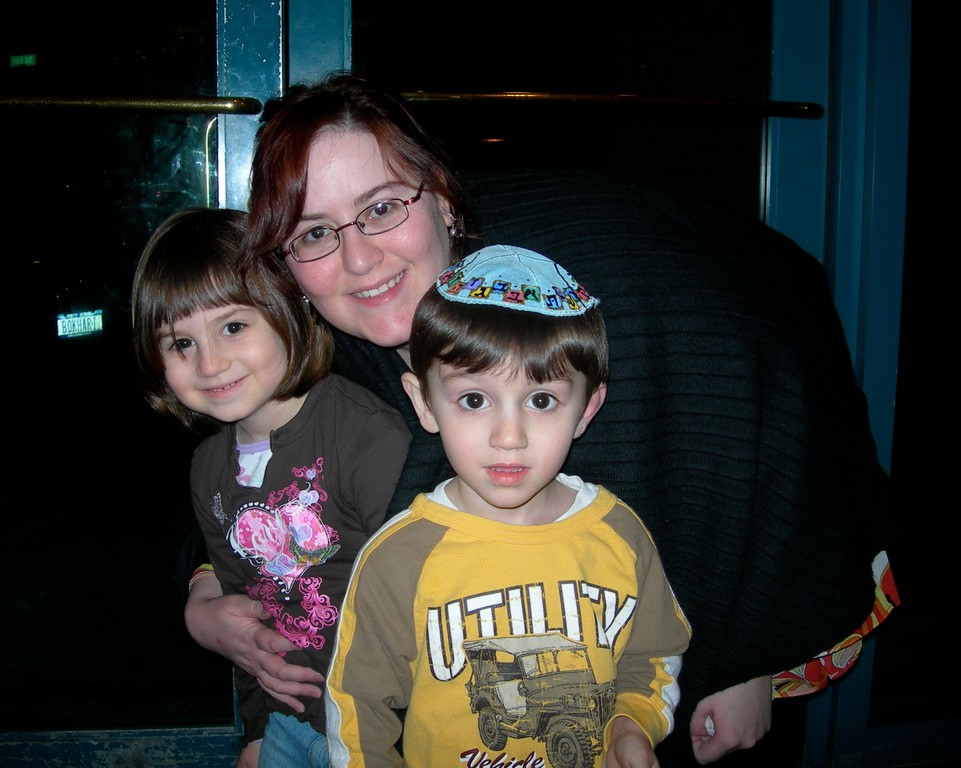Glassware designer raises awareness of rare disease
A sister’s battle with a serious disease and the emphasis on kindness ahead of Rosh Hashana has inspired a Queens resident to design pottery, aimed at raising awareness and funding. “I met a lot of amazing vendors and crafters,” said artist Abbey Wolin, who grew up in Long Beach. “I wanted to put together something amazing, something for Etta.”
On Sept. 18, Wolin organized a boutique sale at Yeshiva Madreigas HaAdam in Hillcrest, on her sister’s behalf. “People are always looking for nice things before Rosh Hashanah,” said Wolin, who creates hand painted glass items at Not Too Shabbey Designs, her brand of artistic products. “I met a lot of amazing vendors and crafters,” said Wolin. “I wanted to put together something amazing, something for Etta.”
Wolin brought together 22 different vendors selling clothing, gifts, Shabbos makeup, headbands, jewelry and Judaic items. Each of the vendors agreed to donate a percentage of their sales to Etta’s cause for refuah. “In the end we had to tell [additional vendors] no because it got too big,” Wolin said. A number of local establishments, including Wok Tov and Bagel Island from the Five Towns, provided food platters, merchandise and raffle prizes. News of the event was spread informally through shuls and social media, attracting some 400 attendees. “It was very word of mouth,” said Sara Hecht, another sister of Etta. “People were very open and receptive.”
Etta was diagnosed with Relapsing Polychondritis (RPC) two years ago. This rare disease causes inflammation of cartilage tissue, and it can be life threatening if it affects cartilage from the trachea (windpipe), heart or blood vessels.
RPC is thought of as an autoimmune disorder, in which the body attacks its own normal cells. It may be found in people of all races, genders, and ages. Although the average age for onset is in middle age, Etta is only 32. The cause is unknown, and there is currently no cure for RPC. Because it is such a rare condition, there is only limited research as to what treatments may work. Medications reported to help control symptoms include steroids and chemotherapy treatments, but these may cause serious side effects.
“We want to bring awareness to her [Etta] and to the disease,” said Wolin. Following on the success of this event, Wolin is planning a larger boutique around Pesach time. The fundraiser was coordinated within the Long Beach-based BACH Help Fund, headed by Rabbi Eli Goodman.
Those who would like to add Etta to their tehillim lists should please keep Etta Malka bat Devorah Gruna in their tefillot. Donations can be sent to “The Bach Help Fund” and put in the memo ETTA MALKA.

 51.0°,
Overcast
51.0°,
Overcast 







